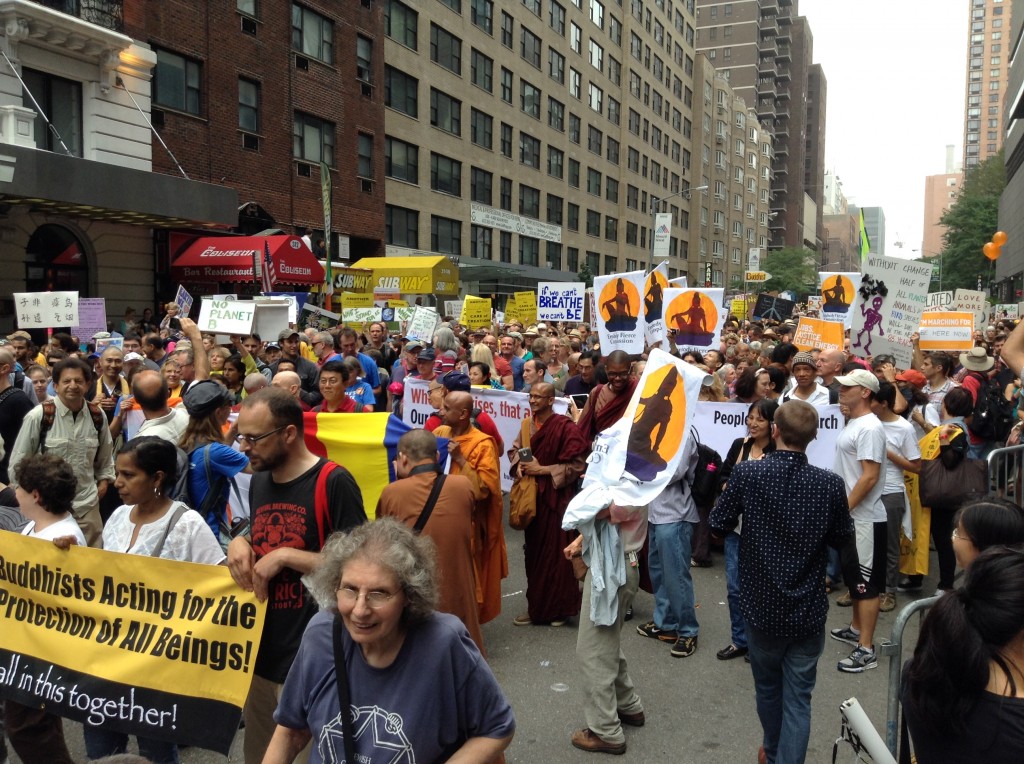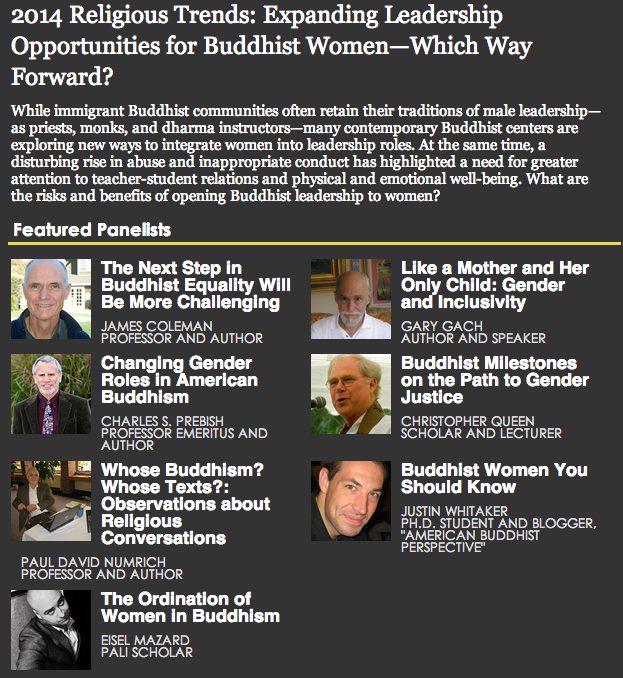We know what happens next.
Or, rather, we know what doesn’t happen next: we won’t talk about guns, and we won’t talk about mental health care.
As I write this, a terrible shooting attack has just ended at the Sikh Temple of Wisconsin in Oak Creek, near Milwaukee. A man, as yet unidentified, opened fire on the community, killing six and seriously wounding at least three others (including a policeman). In an exchange of gunfire with the police, the killer was “put down,” ending the rampage.
Terrible and devastating as it is by itself, this tragedy is intensified by the fact that just over two weeks ago, the well-armed James Holmes killed twelve people and wounded fifty-eight others at a packed midnight premiere of The Dark Knight Rises in Aurora, CO. This week also saw news of a possible plea deal in the case of Jared Lee Loughner, the young man who shot and killed six people and wounded fourteen others (including former U.S. Representative Gabrielle Giffords) at a supermarket parking lot near Tucson, AZ—and with it came painful reminders of another violent day in the not too distant past.
There’s a lot we don’t know right now. The latest news reports indicate that authorities are treating this an incident of “domestic terrorism”. But we don’t know yet if this was politically motivated, a hate crime, or something beyond understanding. With the killer dead, and investigators only at the beginning of doing their work, we will have to wait for any answers we can get.
There is much that we could talk about right now, however. We could talk about this event in light of the rising reports of incredible violence directed specifically at the Sikh community within the last eleven years. In fact, earlier this year, Rep. Joseph Crowley (D-NY) and over ninety members of Congress urged the Department of Justice and Federal Bureau of Investigation to begin recording and tracking hate crimes suffered by Sikh Americans as part of its Hate Crime Incident Report Form (1-699). In the letter they sent to U.S. Attorney General Eric Holder on April 19th, they cited two murders, a severe beating, and the defacement of a gurdwara in the previous twelve months, as well as the fact that three out of every four Sikh American boys reports being severely bullied in school, as reasons for believing that “not including Sikhs within hate-crime data-collection may diminish the safety of the 500,000-strong Sikh-American community and weaken the quality of essential hate crimes data overall.” This was definitely not an isolated incident of violence in a comparatively small community in the United States, and that should bother us tremendously.
Religious literacy probably also deserves some attention as well. Many of the religion and media Twitterers that I follow have been commenting on the errors and general clumsiness of several prominent news organizations in reporting on Sikhs. Some of it is staggering: some claim that an anchor on a major news network said (quite incorrectly), “Sikhs are not Muslim—they’re Hindu.” In addition, some incidents of violence (though certainly not all) against the Sikh American community—possibly even this one—have had to do with not being able to tell the difference (on several levels) between Sikhs and Muslims (who should not be targeted for violence either). At best, our lack of knowledge about religion is embarrassing us on a global stage; at worst, it is putting us all in danger.
Despite what we don’t yet know, and the other issues that also deserve our attention, guns and mental health care will undoubtedly enter the conversation at some point. As well they should. These crimes are not perpetrated by the mentally healthy, and casualty counts are not this high without relatively easy access to incredibly dangerous and (often) frighteningly efficient weapons. As a nation, we must talk about guns and mental health care.
But… we know what happens next. The gun lobby will go into hyper-drive, and, with the help of those in Washington, successfully convince us to look the other way when it comes to our own best interests. And that’s not hyperbole either; Bill Moyers put it chillingly and accurately when he said after the Aurora attack, “Every year there are 30,000 gun deaths and 300,000 gun-related assaults in the U.S. Firearm violence may cost our country as much as $100 billion a year. Toys are regulated with greater care and safety concerns than guns.” And Nick Kristof looked even closer to home to make the same point: “Federal law requires large [cinemas] to have wheelchair seating, ramps as well as stairs, and bathrooms that are accessible to the disabled. Fire codes limit audience size. Emergency fire exits must be illuminated. We have a ratings system to protect children from nudity or offensive language. Indeed, on that horrific night in the theater last week, only one major element wasn’t regulated: the guns and ammunition used to massacre viewers.” The double standard here with regards to public health and safety is nothing short of astounding.
With mental health care, the problem is just as big, though our response is much more apathetic. As a nation, we have yet to decide to care as much about human beings and their wellbeing as we do about, say, gun ownership, and therein lies the problem. We know what happens next: continued apathy, and the further crumbling of the system. In a post about Aurora from earlier this week at the NAMI Blog, the National Alliance on Mental Illness’s Executive Director Mike Fitzpatrick writes, “Frankly, the nation’s mental health care system is not geared to accurate diagnosis or treatment of early-onset mental illness—assuming that a person has access to treatment at all. It doesn’t matter whether a university counseling center or community mental health clinic is involved. The system is fragmented and grossly inadequate. The chasm between need and care is devastating for persons living with mental illness and their loved ones.” He goes on to note that the national average in NAMI’s 2009 Grading the States report on state mental health care systems was a “D,” and that not only have conditions deteriorated, but their 2011 report on State Mental Health Budget Cuts shows “a deepening crisis.”
We know what happens next: more tragedies like the one today. They’re inevitable with relatively unfettered access to deadly weapons and a rapidly deteriorating safety net for those who need treatment for mental illnesses.
Will we be able to stop terrible attacks like these all together? No. Could we stop the frequency of them with greater attention and resources given to mental health care? I should think so. Could we keep casualties from being so high if we decided to meaningfully regulate guns and ammunition? There’s no question.
Until we decide to do those things, though, days like today—with headlines about no less than three separate, terrible shooting rampages—will become commonplace. They will become part of our lives; the costs of our deadly habit and ignored social responsibility.
We have to decide to care enough about one another to create a safer world for all of us—including those struggling with mental illnesses. In the midst of today’s horror, we were given a beautiful example of what we all can be as the Sikhs at Oak Creek transformed the scene of dread and waiting into an impromptu langar (communal kitchen at a gurdwara where food is given freely to all without condition), offering food and water to journalists and others.
Yes, we know what happens next.
But I, for one, would welcome being proved wrong.












